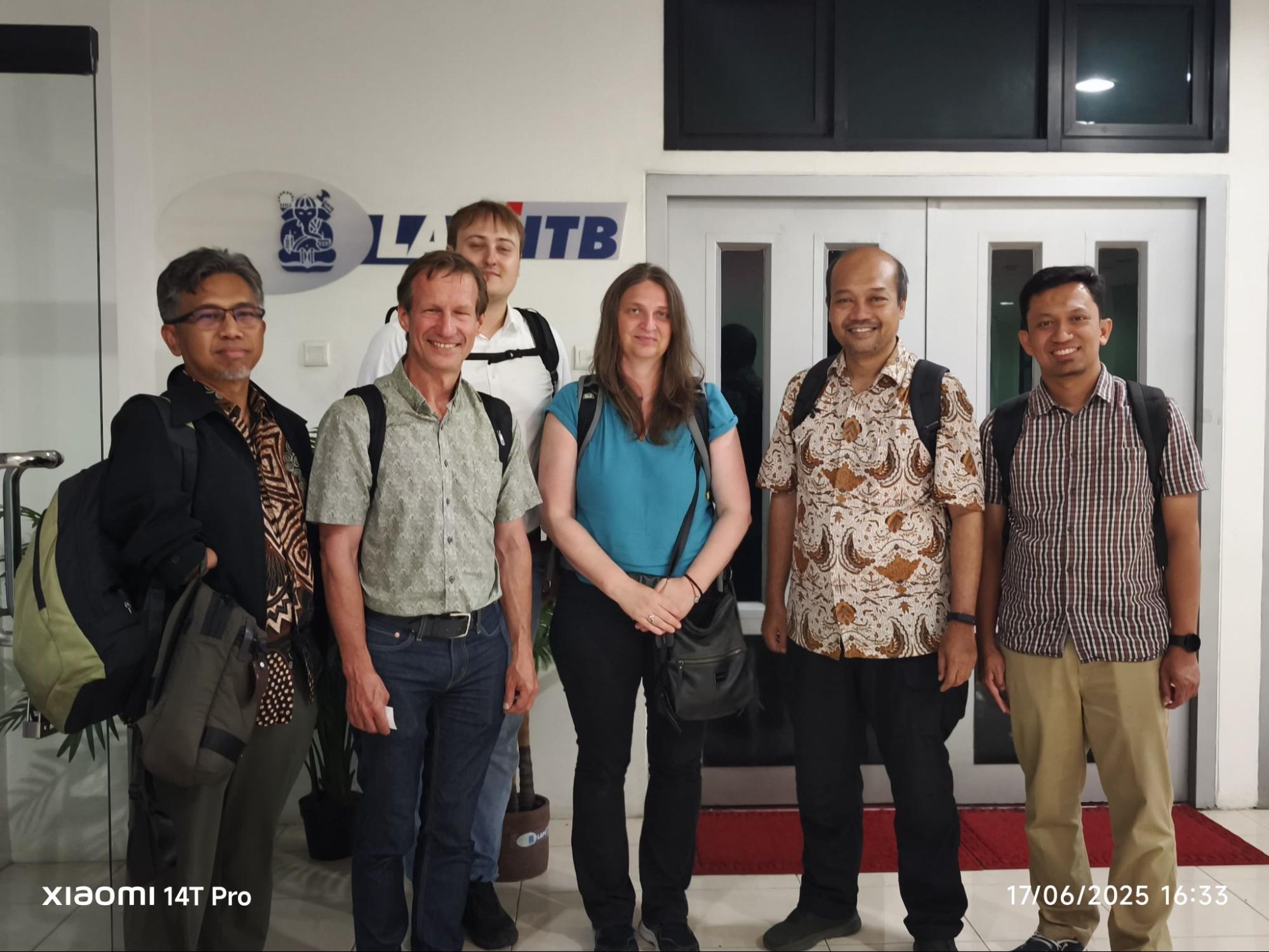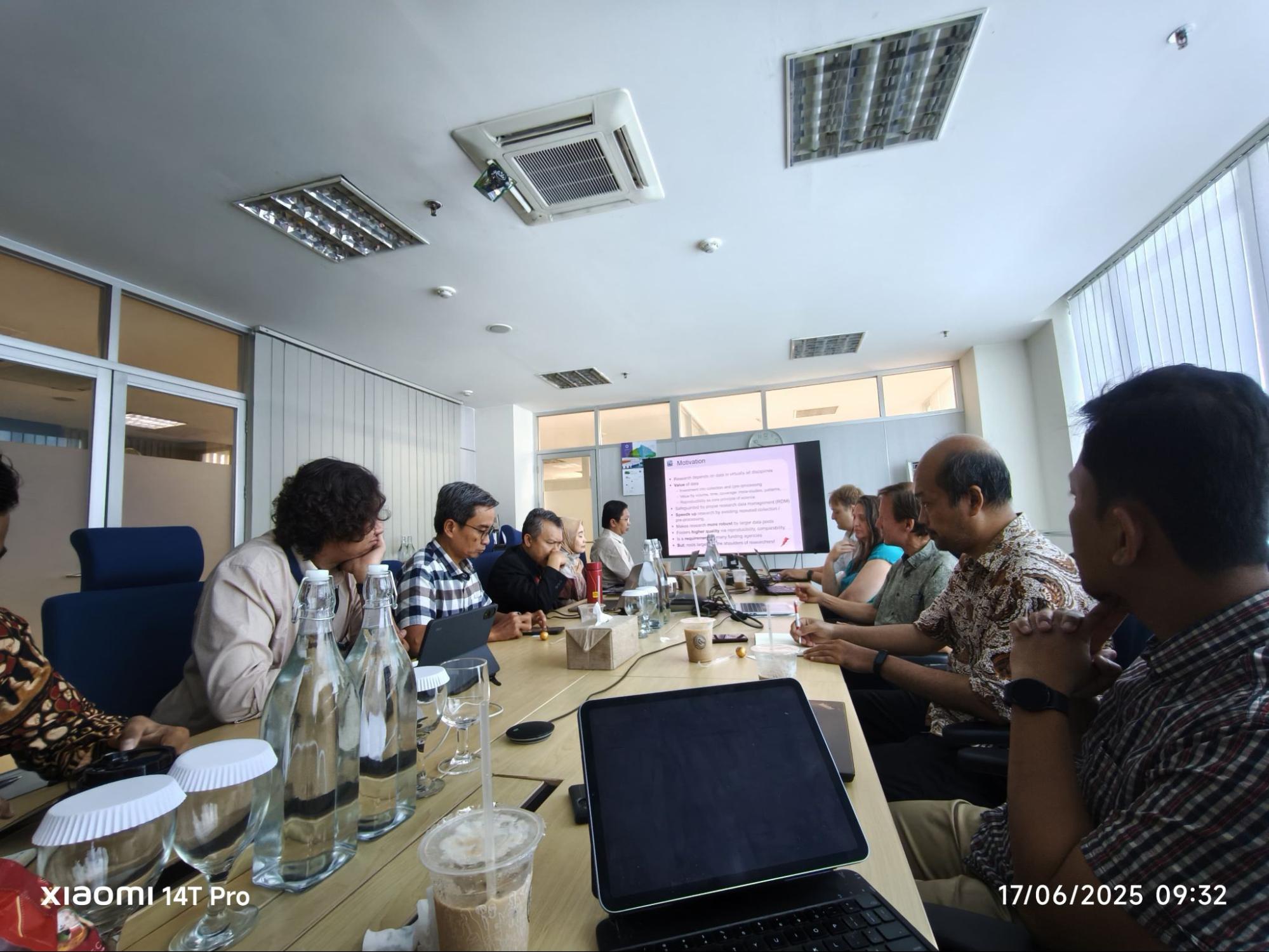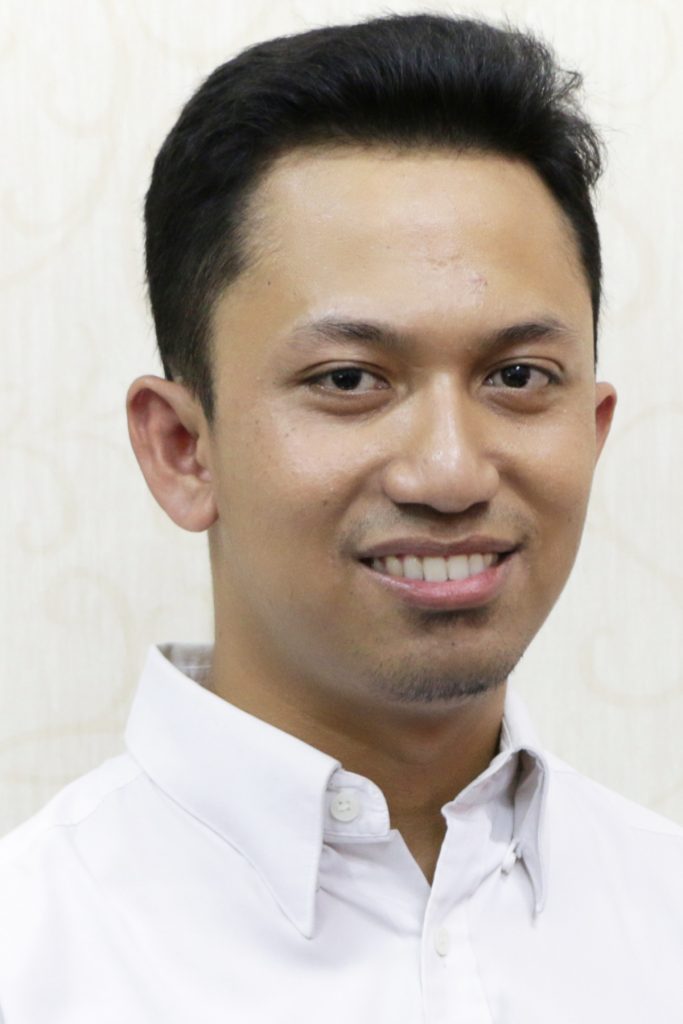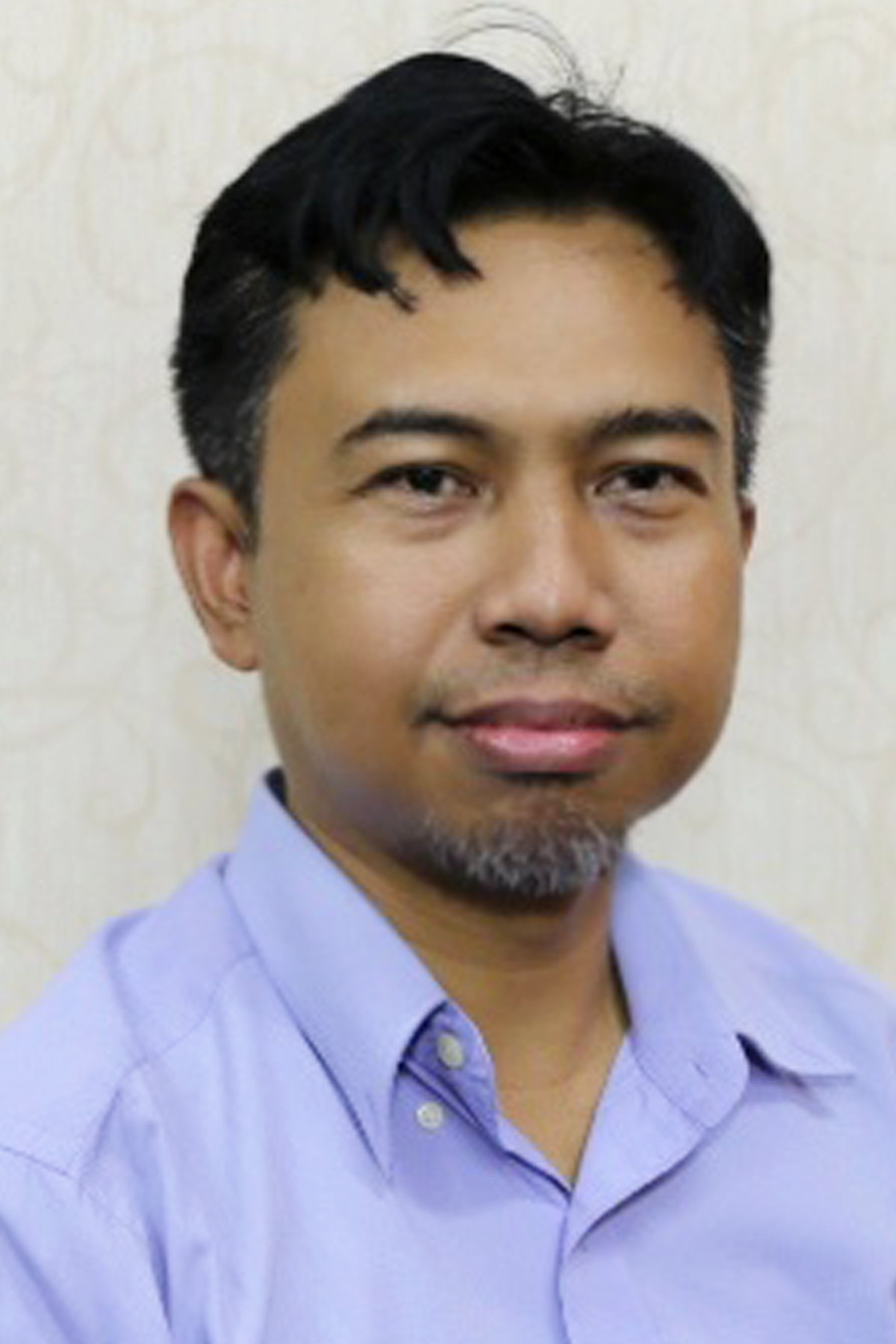ITB, UGM, and TU Wien Design the Future of Research Data Management
June 17, 2025
Bandung, June 17, 2025 – In an increasingly data-driven global research landscape, a strategic step was taken at the Institut Teknologi Bandung (ITB) campus. Experts from Indonesia and Austria gathered in a key meeting to formulate the future of professional research data management, an initiative driven by partnerships within the ASEA-UNINET network.

This meeting brought together expertise from three leading institutions: ITB as host, Universitas Gadjah Mada (UGM), and TU Wien from Austria. The warm and constructive discussions aimed to build the foundation for developing autonomous, internationally standardized research data management systems in Indonesia.
Delegation and Collaboration
The UGM delegation, consisting of Dr.techn. Guntur Budi Herwanto and Dr. techn. Khabib Mustofa, brought deep insights into the needs and challenges within UGM’s academic environment. They engaged in intensive dialogue with partners from TU Wien - Florina Piroi, Andreas Rauber, and Martin Weise - who shared European experiences and best practices. From ITB, Wikan Danar Sunindyo and his Informatics team guided the discussions, ensuring solution relevance within the local context.

Platforms and Technologies
The main focus of discussion was how to integrate various technology platforms into a cohesive ecosystem. Participants explored ideal repository infrastructure architecture, discussing the utilization of:
- DSpace for scientific publications
- GitLab for source code management
- Invenio developed by TU Wien for raw research data archiving
- DBRepo for database repositories
- DAMAP as an essential tool for structured data management planning
Virtual Research Environment
Beyond mere storage, the vision of this collaboration is to create a dynamic Virtual Research Environment. This includes implementing computational platforms like JupyterHub that provide researchers with the power to analyze data interactively. Security of sensitive data is also a priority, with exploration of platforms like OSSDIP.
Future Impact
Through the exchange of case studies and pilot project ideas, this meeting successfully mapped the path forward. The great hope is that ITB and UGM can soon develop their own research data management systems. This step will not only improve research quality and transparency but also drive innovation and strengthen Indonesia’s position in the global scientific community.
This initiative reflects the spirit of the Sustainable Development Goals (SDGs). By building robust research infrastructure (SDG 9), improving higher education quality (SDG 4), and forging global partnerships for knowledge transfer (SDG 17), this collaboration directly contributes to the broader development agenda.
This is a long-term investment for Indonesia’s more open, collaborative, and impactful research future.

